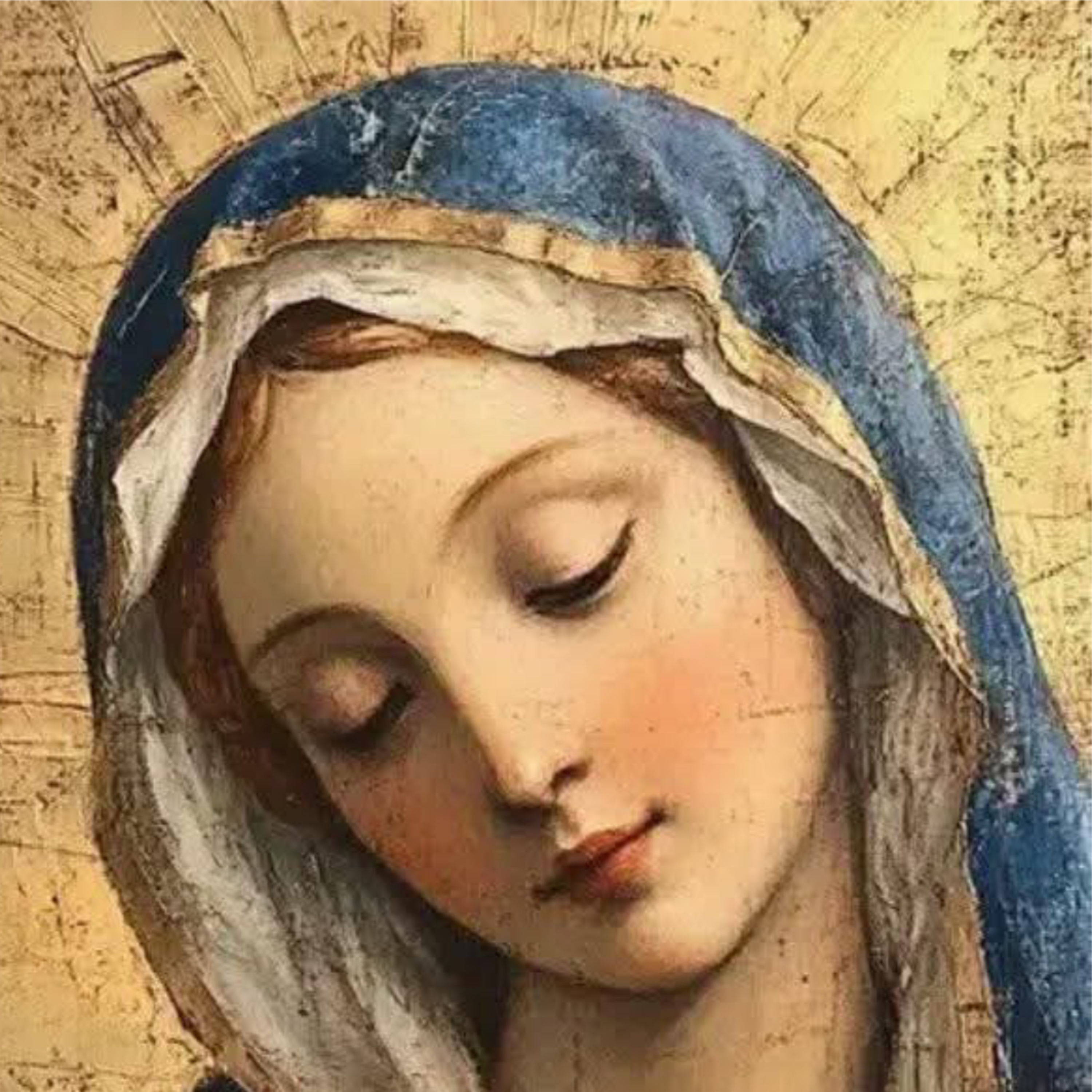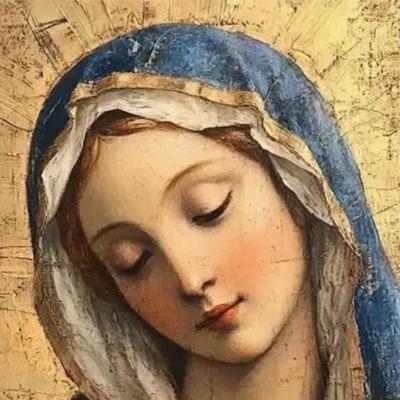Discover Making Friends With The Lord Jesus
Making Friends With The Lord Jesus

878 Episodes
Reverse
We approach the climax of our Advent preparation for the Lord's coming. The Lord is nigh! Today, the entire Church joins Zachary in his song of praise and thanksgiving commonly referred to as the Benedictus.
We normally celebrate birthdays. The family rejoices at the news from the doctor who comes out of delivery room to announce the successful delivery of a baby. People are normally jubilant on occasions such as these. Similarly, there is joy in the house of Zechariah and Elizabeth. They all realized the import of this birth. It was the Archangel Gabriel who announced it. So, that is also the question that hangs at the birth of anyone and of everyone. It is about a hope in the newborn. With him or her, God always sends tidings of comfort and joy.
Let us praise God for the gifts we have received.
Today, the Holy Catholic Church presents to us again the annunciation of Joseph during his sleep. Let us appreciate sleep all the more by listening to the homily.
God's Providence is in full display in the gospel of today. Explore the nuances of the familiar scene of the Annunciation.
Today's gospel tells us about the version of the annunciation in the case of the parents of John the Baptist. These details are brought up to the fore for us so that we appreciate that God intervened in our history to get his Son to arrive here. A certain preparation had to be put into place. That was the role of John. Hence, the details regarding his appearance should be mentioned for us to learn certain lessons discussed in the homily.
Today's gospel tells us about the involvement of St. Joseph in the coming of Jesus Christ in our world. Jesus' conception was virginal, i.e., He was conceived by the Holy Spirit. St. Joseph, then, was supposed to do what?
We read today from chapter of one of St. Matthew his famous genealogy of Jesus Christ to prove to his compatriots that Jesus is the promised messiah. He is the son of David, the rightful heir to David's throne. So, he comes out with this genealogy showing us God's efforts through celebrated figures who were sinners and even gentile in origin His desire to get His Son to be born of the Woman, the Blessed Virgin Mary.
Today, the gospel tells us about the unfortunate difference between those who eventually trust and follow the plan of God and those who although they initially follow Him later on renege on their loyalty.
Witness how Our dear Lord Jesus Christ unmasks the dispositions of the religious authorities in the Temple of Jerusalem. Because they had other things in mind, they failed miserably in getting from Our Lord the information they wanted. They were not forthright in thinking straight and honestly. They opted to be politically correct, we may say.
Let us continue preparing for the coming of the Lord! The gospel today tells us about the doubts of St. John the Baptist. How well he handles it!
The good Lord tells us today about the commonplace defect of fallen human nature, i.e., blindness of the mind and heart. What is worse is that man does not want to recognize or acknowledge it. Man requires a big dose of humility. Anyhow, Jesus tells us of the people's blindness to the coming again of Elijah, and that is in the person of John the Baptist. Because of the people's blindness, they did whatever they wanted with him. In the end, they, in the person of Herod, killed him. The same thing happened to Jesus Himself. Listen to the homily to find out more about this folly.
One of the main reasons man does not hear God, is that man writes Him off to easily. For example, in contemplating evil, man is confused that if God exists and is good, why didn't He prevent this from happening? True. But it is also true that God did not stop the evil from happening. Man's problem is not being able to understand this. With that, he too easily concludes that God cannot exist. He rejects the possibility that God in this instance of evil's triumph, simply permits the evil to happen. It is because He exists and that He has a Providence we need to have difficulty to grasp because He is God. A god that fits perfectly in my head can only be a small God. But God is infinite! We need to listen to Him more and give Him a chance...
Jesus tells us today about the kind of world we have. He created the world with a lot of variety and gradation of perfections. There is never just one flower of a certain color. Flowers are of different kinds and colors and hues and shades. No one is exactly like the others. So, we need to accept that there will be others better than us, bigger than us, more intelligent than us and so forth. This arrangement is not so that we get envious of the others, but that we admire the beauty of God in all its wealth of perfection.
Behold, the masterpiece of masterpieces of the Creator! As some saints have declared, the Blessed Virgin Mary was the greatest of God's creatures. He could not have created something better or more perfect. Her sanctity goes beyond all the saints and angels together! Let us contemplate in admiration this magnum opus!
Let us prepare for the coming of the Lord!
Today is another opportunity to hope in Heaven. God makes it plain to us that this world is destined to end, while the one to come is the everlasting one.
Today's gospel carries one of the secrets in having and growing one's relationship with Jesus. And that is about how God is attracted to what is sincere, humble and total. Thus, we should not be daunted by our insignificance in any area. What is important is to trust in Our Lord even with the little we have.
Christ is King of the Universe! We all know that and, at least in theory, we acknowledge and accept His Kingship over us. But that is where it gets tricky, because in practice, we can reject wholly or partially His Kingship over us. There is a rival to his authority and that is basically the EGO. In each soul there is a throne. Who sits in that throne? The Church celebrates this feast, not only to inform the world who we recognize as king, but also for us to examine ourselves about whether we practice our being subjects in his Kingdom. Look at the gospel today. The good thief made it to His Kingdom. Jesus promised him that he would be with Him "today" in paradise. How did he do it? He was punished for his having been a thief! He committed theft right there again. He stole the Heart of Jesus because he was sorry for his sins! Let us do the same!
Jesus proves to the Sadducees today in the gospel that God is a God of the living. Let us follow how he tries to convince them that there will be a resurrection.






